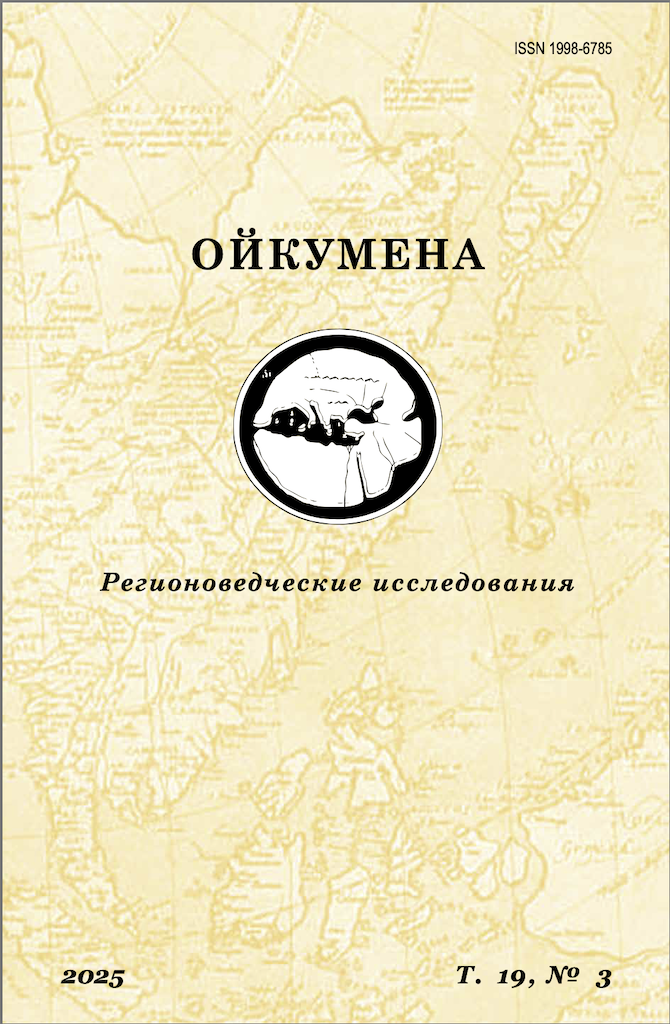employee
Moscow, Moscow, Russian Federation
employee
Moscow, Moscow, Russian Federation
The article examines artificial intelligence applications in qualitative focus group data analysis. An experiment involved three researchers: the first conducted manual analysis of focus group transcripts, the second used the Deep-Seek model, the third compared results. The empirical base includes materials from two focus groups with teenagers collected in Perm region in 2022. The theoretical basis was the participatory approach of childhood sociology with R. Olsen’s participation model operationalization. LLM advantages in data structuring and routine task automation were identified, however, significant limitations were found quote distortions, generation of non-existent information and one-sided analysis. It was concluded that LLM cannot replace humans in deep qualitative data analysis but are effective as primary processing tools. An algorithm for working with LLM for qualitative data analysis was developed.
artificial intelligence, large language models, prompt engineering, qualitative analysis, participatory de- sign, focus groups, sociology of childhood
1. Gorbacheva T. A. Artificial intelligence: risks and problems of implementation in the Russian Federation // Innovative Economy: Information, Analytics, Forecasts. 2025. No. 1. P. 96–105. (In Russ.). DOI: https://doi.org/10.47576/2949-1894.2025.1.1.014; EDN: https://elibrary.ru/VEKLBK
2. Mokshanov M. V. Application of artificial intelligence in data analysis: a review of the current state and future directions. // Universum: Technical Sciences. 2024. No. 5-1 (122). P. 40–48. (In Russ.). DOI: https://doi.org/10.32743/UniTech.2024.122.5.17513; EDN: https://elibrary.ru/ZCNAQA
3. Khusnutdinova M. R., Filipova A. G. "Unpacking" agency in a school project: perspectives of a participatory approach // Education and Self-Development. 2024. Vol. 19, No. 2. P. 139–154. (In Russ.). DOI: https://doi.org/10.26907/esd.19.2.10; EDN: https://elibrary.ru/KDYMGG
4. Chen B., Zhang Z., Langrené N., Zhu S. Unleashing the potential of prompt engineering for large language models // Patterns. 2025. Vol. 6. No. 6. P. 101–260. DOI: https://doi.org/10.1016/j.patter.2025.101260
5. Hart R. Children’s Participation: From Tokenism to Citizenship. Florence: UNICEF / International Child Development Centre, 1992. 39 p.
6. Olsen R. K., Stenseng. F., Kvello O. Key Factors in Facilitating Collaborative Research with Children: A Self-Determination Approach // Academic Quarter. Akademisk Kvarter. 2022. No. 24. P. 135–148. https://doi.org/10.54337/academicquarter.vi24.7256 EDN: https://elibrary.ru/TJVBFV
7. Schroeder H., Quéré M.A.L., Randazzo C., Mimno D., Schoenebeck S. Large Language Models in Qualitative Research: Uses, Tensions, and Intentions. Large Language Models in Qualitative Research // arXiv, 2025. URL: https://arxiv.org/abs/2410.07362 (accessed 05.07.25).
8. Schroeder H., Randazzo C., Mimno D., Schoenebeck S., Aubin Le Quere M. Large Language Models in Qualitative Research: Can We Do the Data Justice? // ResearchGate In Extended Abstracts of the CHI Conference on Human Factors in Computing Systems (CHI EA’25), April 26–May 1, 2025. Yokohama, Japan. ACM, New York, NY, USA, 2025. https://doi.org/10.48550/arXiv.2410.07362.
9. Schulhoff S., Ilie M., Balepur N., Kahadze K., Liu A., Si C., Li Y., Gupta A., Han H., Schulhoff S., Dulepet P. S., Vidyadhara S., Ki D., Agrawal S., Pham C., Kroiz G., Li F., Tao H., Srivastava A., Costa H. D., Gupta S., Rogers M. L., Goncearenco I., Sarli G., Galynker I., Peskoff D., Carpuat M., White J., Anadkat S., Hoyle A., Resnik P. The Prompt Report: A Systematic Survey of Prompt Engineering Techniques. The Prompt Report / arXiv:2406.06608 [cs]. – arXiv, 2025.
10. White J., Fu Q., Hays S., Sandborn M., Olea C., Gilbert H., Elnashar A., Spencer-Smith J., Schmidt D. C. A Prompt Pattern Catalog to Enhance Prompt Engineering with ChatGPT / arXiv:2302.11382 [cs]. – arXiv, 2023. // arXiv, 2023. URL: https://arxiv.org/abs/2302.11382 (accessed 05.07.25).
11. Wong L. Z., Bhattacharya P., Loh S. B., Oh H. S., Juraimi S. A., Anant N., Pillay A., Chong M. F.- F., Fogel A., Sheen F., Pink A. E. Utilizing Large Language Models to Conduct Thematic Analysis: A Case Study on Focus Group Transcripts. Utilizing Large Language Models to Conduct Thematic Analysis. Rochester, NY: Social Science Research Network, 2025. 56 p.
12. Zhang H., Wu C., Xie J., Lyu Y., Cai J., Carroll J. M. Redefining Qualitative Analysis in the AI Era: Utilizing ChatGPT for Efficient Thematic Analysis // // arXiv, 2025. https://arxiv.org/html/2309.10771v3 (accessed 05.07.25).











